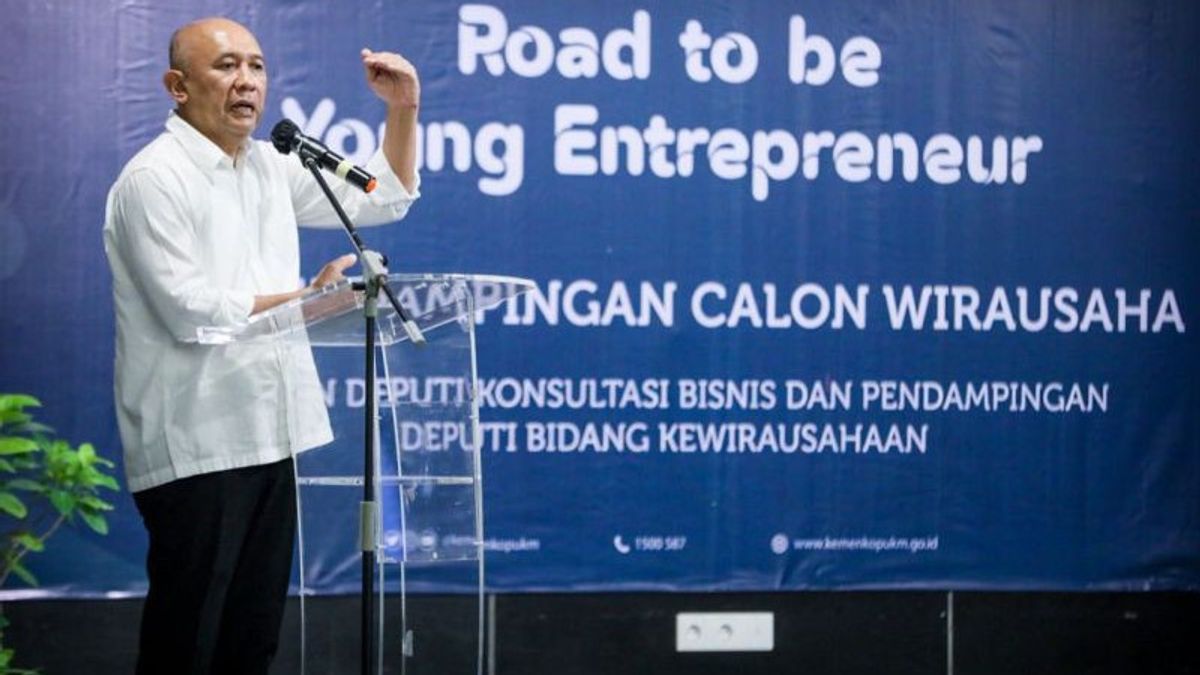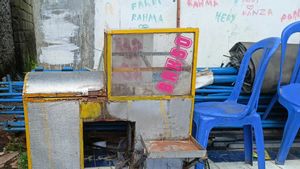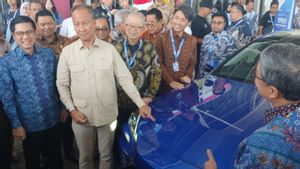Minister of Cooperatives and SMEs Teten Masduki stated that business and product ideas must be properly selected so that they can produce product innovations that have added value.
According to him, the growth of entrepreneurs in Indonesia must be by design in order to enter the industrial supply chain and domestic advantages can be determined from each region to be developed.
"The idea of business and products from these young entrepreneurs will be incubated. We eradicate them, eradicate them, then grow them because in the future, development models like this must be improved," he said at the Road to be Young Entrepreneur (Pra Persistance for Entrepreneurs) event in Denpasar, Bali, as quoted from the official statement quoted by Antara, Monday, November 14.
Currently, there are around 21 million Micro, Small, and Medium Enterprises (MSMEs) that are already connected to the digital economy and market. However, about 90 percent of them are still marketing imported products.
"We should no longer be traders for imported products. For that, we must strengthen our product production," he said in front of 150 young entrepreneurs from among students.
Furthermore, the Coordinating Minister invited the younger generation, especially students, to have business ideas since entering college because each campus must be able to produce tough young entrepreneurs. With that, the scholars already have a business that can be developed after graduation.
He hopes that the campus will have a curriculum that changes the mindset of undergraduate graduates so that they have conformity with industrial needs. This hope is part of the government's target of producing one million young entrepreneurs by 2024.
Several improvements to the entrepreneurial ecosystem in Indonesia that have been carried out by the Ministry of Cooperatives and SMEs are increasing the portion of bank credit for MSMEs by 30 percent. When compared to other countries, the portion of credit for MSMEs in the country is still relatively low.
For example, MSMEs in South Korea have reached a credit portion of 80 percent. Likewise with Malaysia and Thailand which are also above 50 percent.
"Indeed, there is already a credit policy of up to Rp. 100 million without collateral, but in practice it is still difficult. The reason is, banks are still based on collateral. Compared to fintech companies (financial technology) whose loans of up to Rp. 2 billion are already without collateral," said the Coordinating Minister.
Teten wants banks to change their credit approach from collateral to credit scoring because MSME business management must have used digital applications, so that business track records are well drawn. Thus, innovation-based MSMEs and digital technology are able to strengthen business plans.
"If the business plan is clear and good, I believe that many domestic and foreign investors are investing in MSMEs," he said.
The English, Chinese, Japanese, Arabic, and French versions are automatically generated by the AI. So there may still be inaccuracies in translating, please always see Indonesian as our main language. (system supported by DigitalSiber.id)













